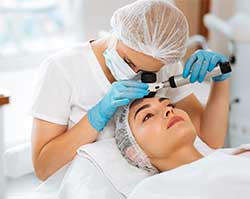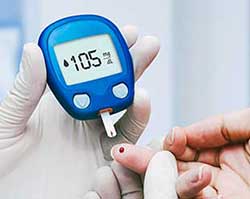Consult City's Top Doctors, The Minute You Need To
First Consultation starting
@ ₹249 ₹499
2836
Dermatologists
1012983
Cases done
by Dermatologists
1750
Hospitals
Post Inflammatory Scarring and How To Treat It
About
A medical condition which occurs when melatonin builds up in the skin as a result of post-inflammation.
Post Inflammatory Scars are the second most common reason why people seek a dermatologist for treatment. [1]
- Also known as Post Inflammatory Hyper Pigmentation
- May last lifelong or be short-term
- Can affect all skin types
- Is a treatable medical condition
- No lab tests or imaging needed
Post Inflammatory Scars occur due to excess melanin buildup in the skin. This happens when a wound or area is healing from inflammation, leaving behind a discolored flat area of the skin due to the melanin accumulation, even after the wound finishes its healing.
Symptoms
General symptoms of post inflammatory scars include discoloration which ranges from pink, red to brown, purple, and black.
People also experience
- Low self-esteem due to changes in their looks
- Flat discolored areas, unlike acne which accompanies pitted or raised spots
Treatment
Self-care:
Start working on your skincare routine and apply White Tea or Matcha on the affected areas. Consuming anti-inflammatory foods like licorice extracts, feverfew, and oats also helps.
Medications
Topical medications like different types of creams and any medications containing 2% to 4% Hydroquinone in its composition may be prescribed to you by your doctor.
Specialists:
Laser treatments and chemical peels may be administered to patients depending on the severity and extent of the condition. For more info on treatment plans, get in touch with our healthcare professionals at mfine.
Other Specialities
Give a missed call to 08061914343 to Download the App
































